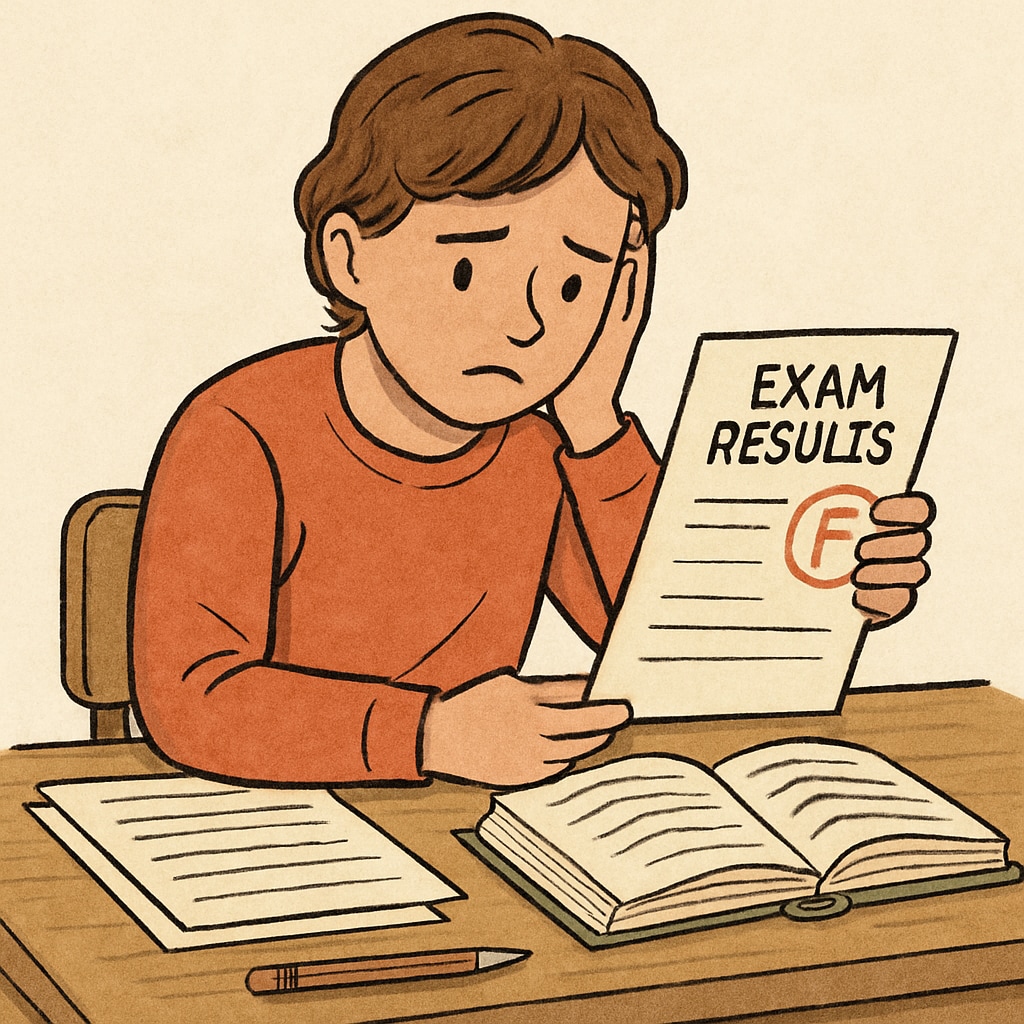For many students, receiving disappointing GCSE results can feel like the end of the world. The pressure to excel in academics, combined with societal expectations, often leads to academic worries and self-doubt. However, while grades are important, they are not the sole measure of a person’s potential or worth. This article examines the broader perspective of dealing with less-than-ideal GCSE results and how students can redefine success to thrive in the future.
Why GCSE Results Can Feel Overwhelming
The GCSE exam system is often positioned as a gateway to future opportunities, including higher education and career paths. As a result, students may feel immense pressure to achieve top grades. When expectations aren’t met, it’s common to experience feelings of failure, worry about academic progression, and even question one’s abilities. According to Wikipedia, GCSEs are a critical part of the UK education system, but they are not the definitive marker of success.
However, it’s important to remember that many successful individuals have faced academic setbacks. These moments can be transformative, offering opportunities to build resilience and explore alternative paths. While the initial disappointment is valid, it’s crucial not to let a single grade define your self-worth or future potential.

Understanding the Limitations of Academic Evaluation
One of the key reasons GCSE results can feel so significant is the societal emphasis on standardized testing. However, academic evaluations have their limitations. They often measure a narrow range of skills, such as memorization and exam technique, rather than creativity, emotional intelligence, or problem-solving abilities. According to Britannica, education should encompass a broad spectrum of learning experiences, yet standardized exams don’t always reflect this diversity.
For students who excel in areas like art, music, or entrepreneurship, poor GCSE results may not accurately reflect their talents. Recognizing this imbalance can help shift the focus from grades to a more holistic view of personal development.
Steps to Thrive Beyond GCSE Results
If your GCSE results were less than ideal, the good news is that there are plenty of ways to move forward. Here are some actionable steps to help you redefine your path:
- Seek Guidance: Talk to teachers, school counselors, or tutors about your options. They can provide insight into alternative academic or vocational pathways.
- Explore Vocational Education: Apprenticeships or vocational courses may be a better fit for your skills and interests.
- Reflect on Your Strengths: Identify areas where you excel outside of academics, such as teamwork, creativity, or leadership.
- Set Realistic Goals: Break down your next steps into manageable goals, whether that means retaking exams or pursuing a different qualification.
- Focus on Personal Growth: View this as an opportunity to build resilience, adaptability, and self-awareness.

Redefining Success and Moving Forward
It’s important to remember that success is not a one-size-fits-all concept. While GCSE results open certain doors, they are not the only path to a fulfilling and successful life. Numerous successful people, including entrepreneurs and creatives, have carved out unique paths that didn’t rely on traditional academic achievements. For example, Sir Richard Branson, founder of Virgin Group, is often cited as an example of someone who succeeded despite not excelling in school.
Ultimately, the journey after GCSEs is about understanding your own strengths, interests, and values. Focus on building a future that aligns with who you are, rather than what society dictates. By embracing a growth mindset, you can turn challenges into opportunities for meaningful development.
In conclusion, while disappointing GCSE results can be disheartening, they do not define your future. By broadening your perspective, exploring alternative paths, and focusing on personal growth, you can transform this setback into a stepping stone for success. Remember, your potential goes far beyond what’s written on a piece of paper.
Readability guidance: This article uses short paragraphs, clear headings, and lists to enhance readability. Transition words such as “however,” “in addition,” and “as a result” are employed to maintain a smooth flow. The content avoids long sentences and overuse of passive voice.


